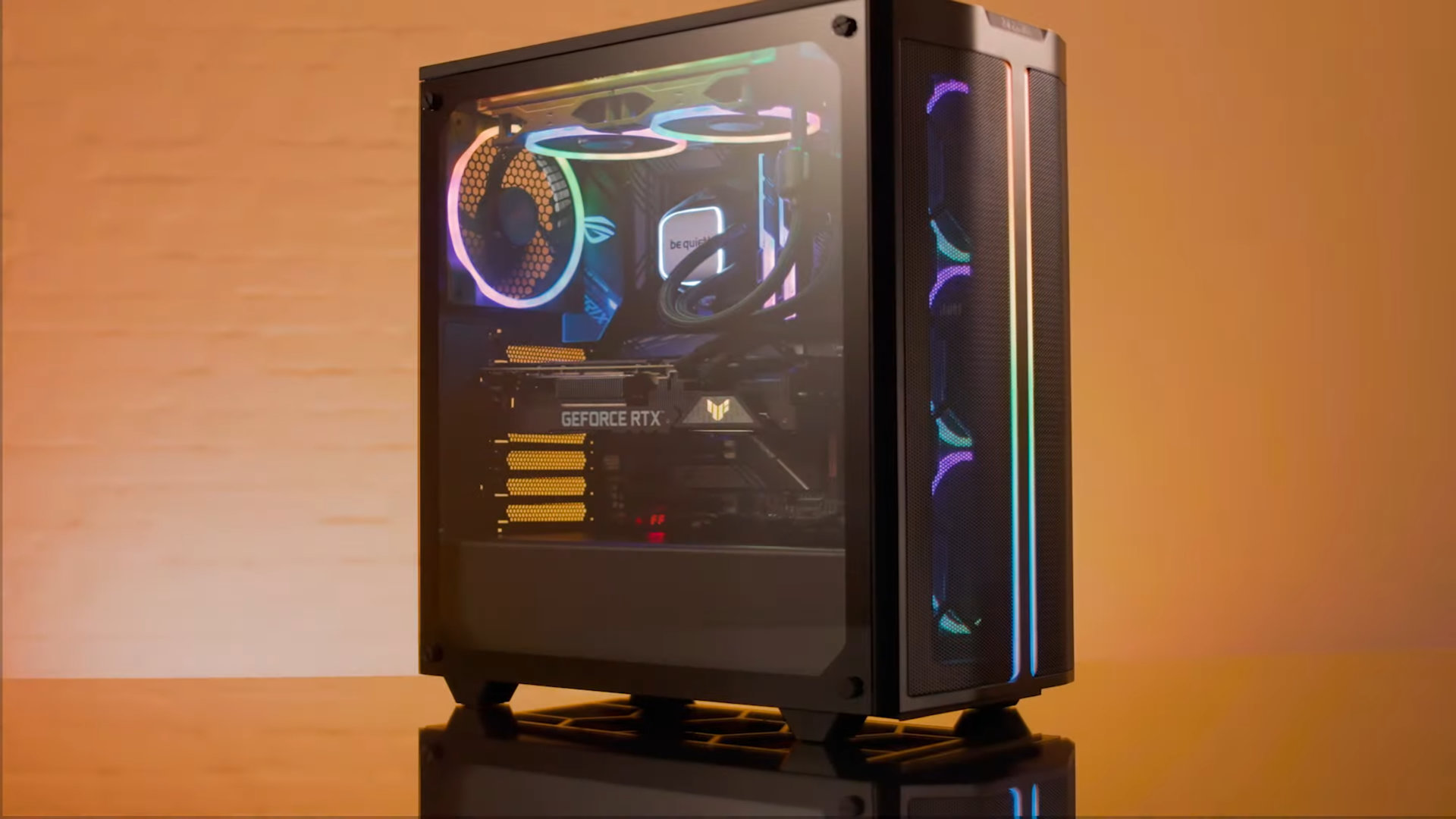
It's easy to think that the CPU or graphics card are the beating heart of your gaming PC, but they wouldn't get very far without sufficient cooling - unless you want a very expensive and ineffective toaster oven. This is where your PC fans come in, creating enough ventilation to keep your system's temperature low and your frame rate high. Unfortunately, not all fans are built equally and it can be a delicate balance between airflow, noise, and aesthetics, so we're here to help you get your bearings.
Fans are fundamental in preventing your hardware from overheating, blowing cool air over your hardworking components before chucking it out of your PC case. If you've ever wondered why your room gets hotter after gaming, that's because your fans are doing a good job.
Don't worry if your rig gets a little too hot and exceeds its 'shut down temperature', as modern safety measures will kick in and switch your system off before any damage is done. This limit differs per configuration, but usually sits around the 100°C (212°F) mark for the processor. Even if you don't reach this magic number, hovering anywhere near it will see your processor and GPU performance throttled, often resulting in stutters and lag. So it's not exactly harmful to your components if you don't get things right the first time around, but we can't say it's very practical to have your PC struggling to run.
0 Commentaires